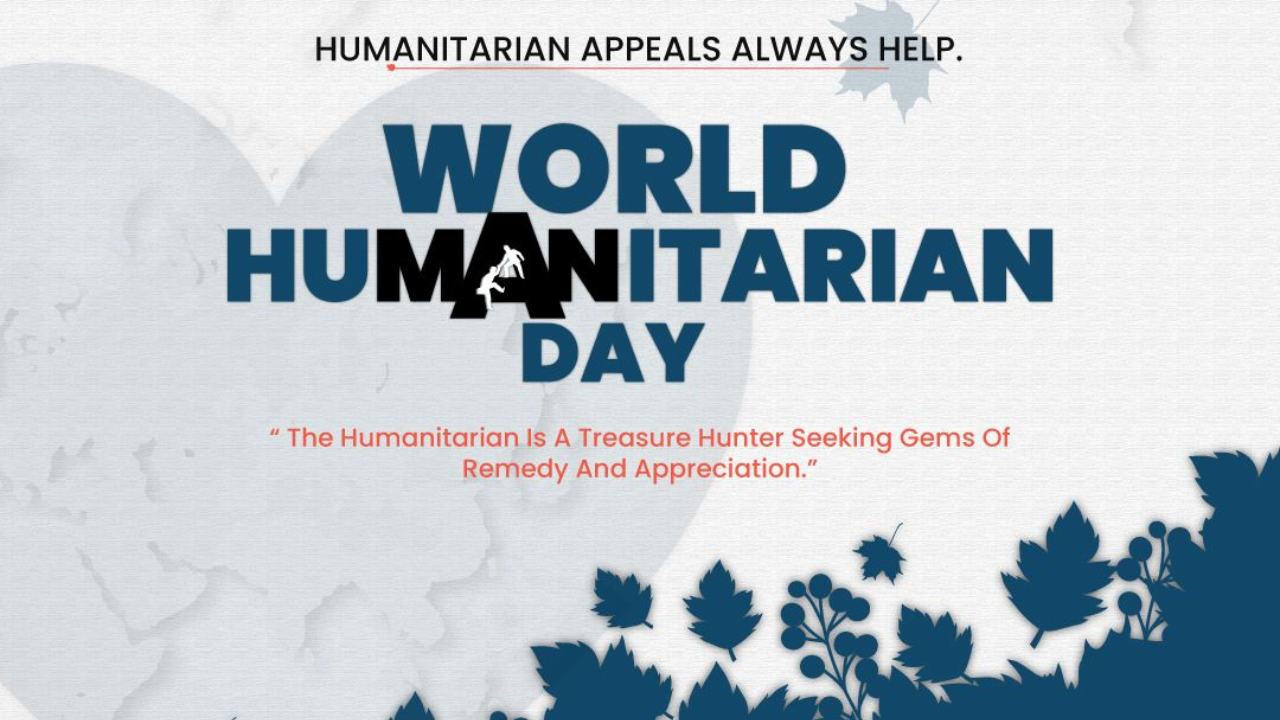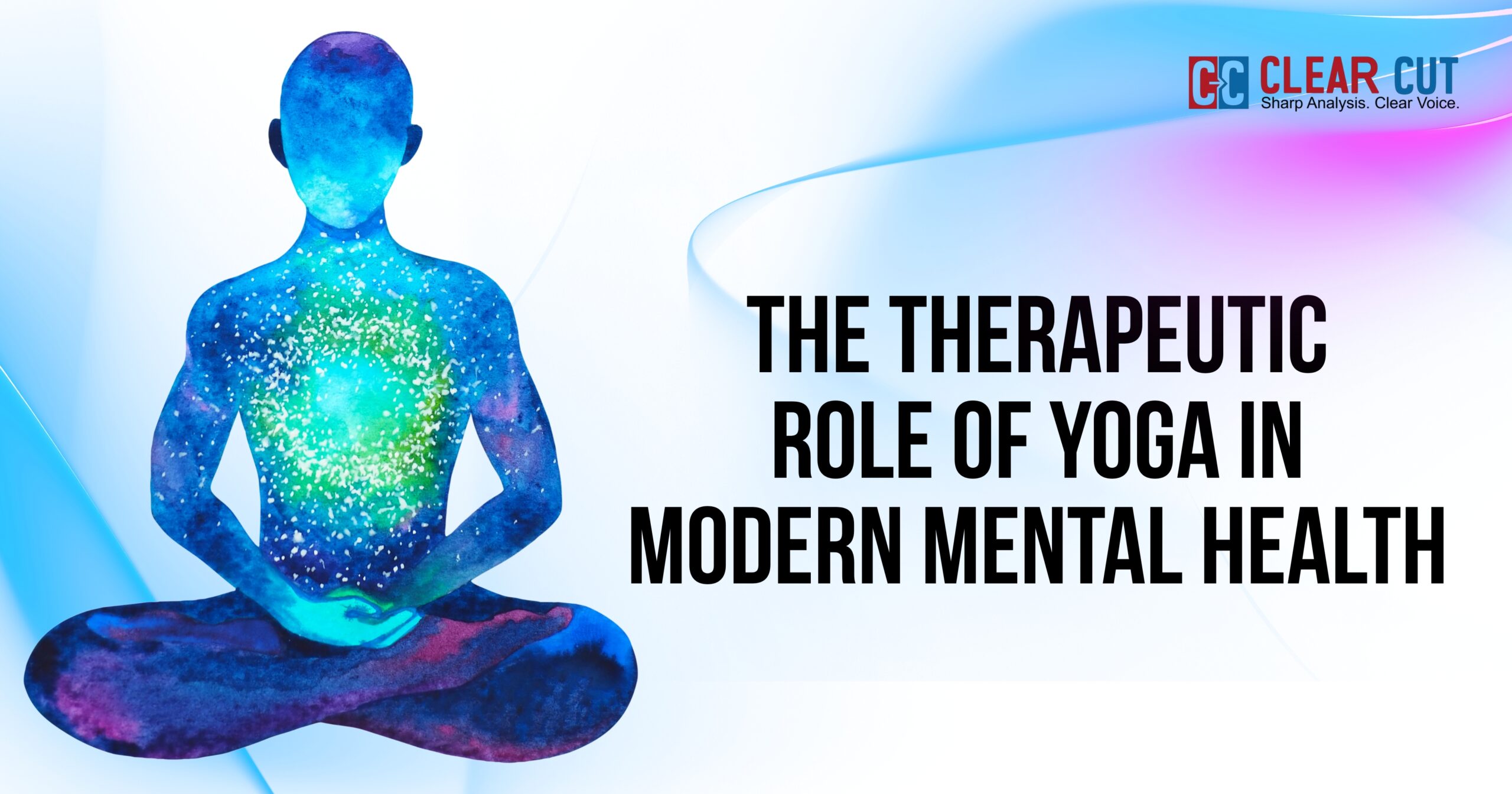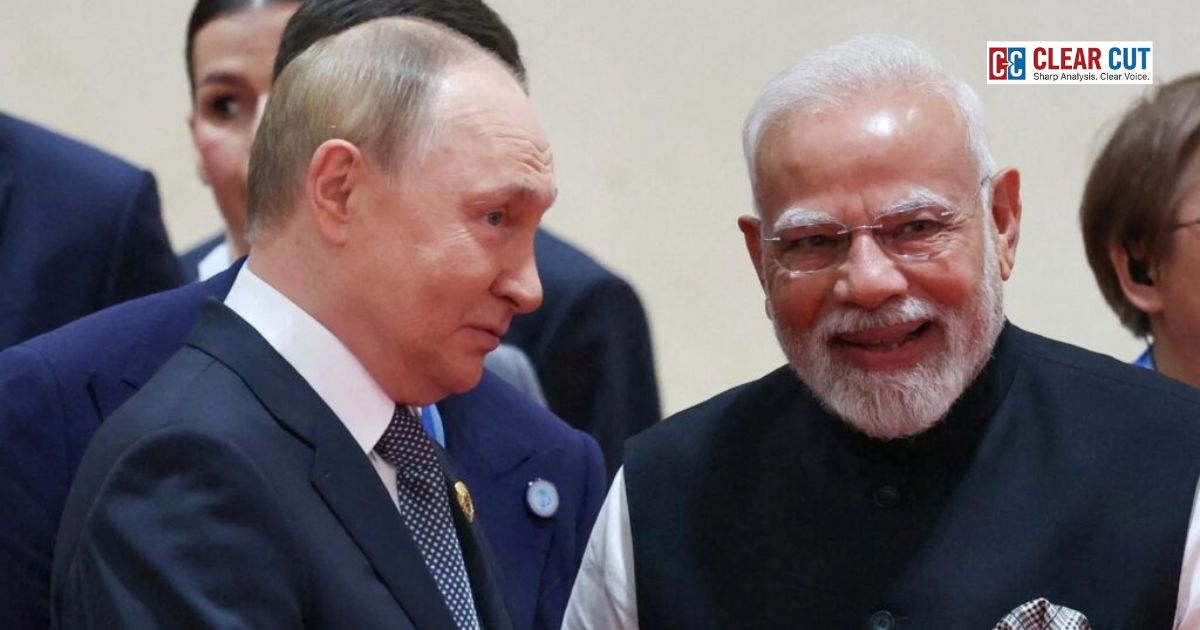Photo Credit: Internet
Clear Cut Desk
New Delhi, UPDATED: Aug 19, 2025 12:27 IST
Written By: Clear Cut Team
What does humanity really mean?
Humanity is not a word we use lightly. It is the thread that ties us together across faiths, nations, and generations. At its core, humanity is the instinct to help someone when they stumble, the courage to speak up when silence is easier, and the choice to build bridges where walls divide us.
The world marks World Humanitarian Day every year on August 19, not as a ceremonial gesture, but as a call to remember those who carry this spirit into the harshest of places. The day commemorates the 2003 bombing of the UN headquarters in Baghdad, which killed 22 aid workers, including Sergio Vieira de Mello. It reminds us that humanitarian service is not abstract, it is carried forward by real people who risk their lives to keep compassion alive.
Why dedicate a day to humanity?
In a world scarred by war, climate disasters, and rising inequality, the need to protect humanitarian workers and uphold humanitarian values has never been greater. According to the United Nations Office for the Coordination of Humanitarian Affairs (UNOCHA), over 300 million people worldwide require humanitarian assistance in 2025, the highest in modern history. Conflicts in Sudan, Ukraine, Gaza, and parts of Africa have displaced millions. At the same time, climate change is driving more frequent floods, droughts, and wildfires.
India, too, is no stranger to humanitarian challenges. In 2023 alone, the National Disaster Management Authority (NDMA) reported over 2,500 deaths due to extreme weather events, and millions displaced by floods and cyclones. Our humanitarian workers, be it the NDRF jawans in flood-ravaged Assam, doctors in rural clinics, or community volunteers during COVID-19. All embody the same resilience and sacrifice as their global counterparts.
This day is about honoring them. It is also about recognizing that their work should not be exceptional. Humanity is not the task of the few. It is a responsibility for us all.
The gender lens: why women matter in humanity’s story
There is no humanity without women. Yet women remain the most affected in crises and the least recognized in humanitarian leadership. Studies by UN Women show that women and girls are 14 times more likely to die in a disaster compared to men. They also face higher risks of violence and exploitation in refugee camps.
But women are not just victims, they are frontline responders. From self-help groups in Bihar stitching masks during the pandemic, to Syrian women leading food kitchens in refugee camps, their quiet leadership defines the humanitarian story. In India, over 3 million ASHA workers (Accredited Social Health Activists) form the backbone of community healthcare. They are the living example of how gender equity strengthens resilience.
If we are serious about building a Viksit Bharat by 2047, the role of women in humanitarian action cannot be a footnote. Empowering women to lead, to lead with resources, recognition, and respect, is central to sustaining humanity itself.
The purpose of remembering
Humanity is not history. It is a choice we make every single day, in what we prioritize, in who we stand beside, in whether we choose empathy over indifference.
The numbers can overwhelm us: hundreds of millions in need, billions in funding shortfalls. But humanity begins smaller. It begins when a community shares food during a flood, when a student volunteers to teach in a relief camp, when we listen without prejudice.
Where do we go from here?
As India rises on the global stage, our role in humanitarian action will also grow. Already, Indian peacekeepers serve in 13 UN missions across the world. Our disaster relief missions, whether in Nepal, Sri Lanka, or Türkiye, are recognized globally. Domestically, our humanitarian challenges are equally vast, from rural healthcare gaps to climate resilience for small farmers.
World Humanitarian Day 2025 is a moment to ask: are we investing enough in strengthening the institutions of care, compassion, and solidarity? Are we giving humanitarian workers, especially women the protection and dignity they deserve? Are we nurturing empathy in our children, so that the next generation sees humanity not as charity, but as duty?
Humanity, in the end, is not about grand gestures. It is about a farmer pulling his neighbor’s cart out of the mud. It is about a young girl who dares to dream of leading a humanitarian mission one day. It is about us, ordinary people, with extraordinary capacity to care.
This World Humanitarian Day, let us remind ourselves: the measure of our progress will not only be skyscrapers and satellites, but whether we stood up for each other when it mattered most. Humanity is not someone else’s job. It is our shared responsibility.




